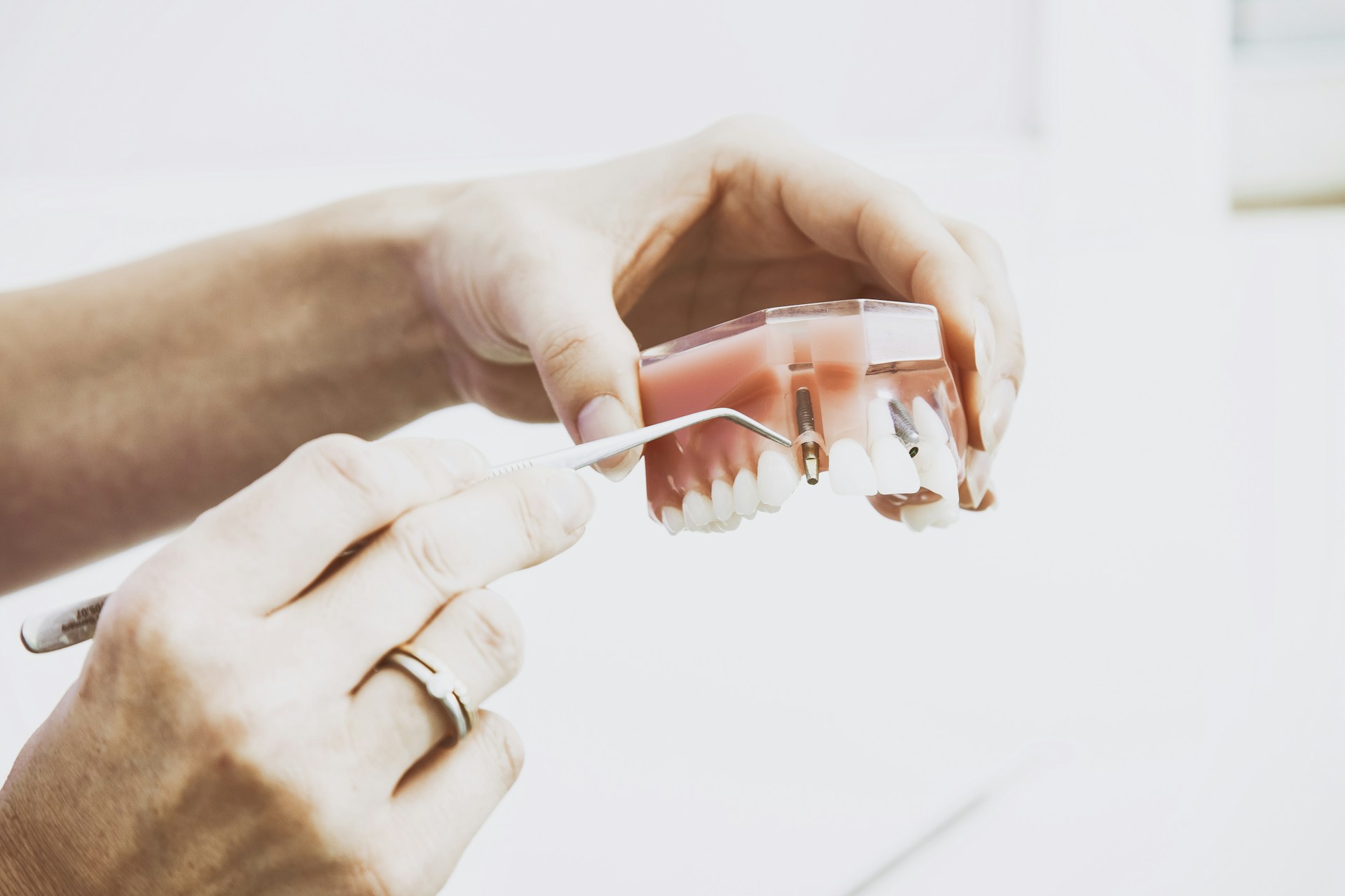Effective Strategies for Managing Dry Mouth - Comprehensive Guide
Discover effective strategies for managing and overcoming dry mouth with our comprehensive guide. Learn about the causes, symptoms, and treatments to improve your oral health and comfort.
1/20/20243 நிமிடங்கள் வாசிக்கவும்


Have you ever experienced the uncomfortable sensation of a dry mouth? If so, you're not alone. Dry mouth, also known as xerostomia, is a common condition that affects many people.
It occurs when there is a decrease in the production of saliva, leading to a dry and parched feeling in the mouth. In this article, we will explore the causes of dry mouth, home remedies to alleviate the symptoms, and how a dentist can help in treating this condition.
Causes of Dry Mouth
There are several factors that can contribute to the development of dry mouth:
Medications: Certain medications, such as antihistamines, decongestants, and antidepressants, can cause dry mouth as a side effect. If you suspect that your medication is causing your dry mouth, consult your healthcare provider for possible alternatives.
Medical conditions: Dry mouth can be a symptom of various medical conditions, including diabetes, Sjogren's syndrome, HIV/AIDS, and Parkinson's disease. If you have an underlying medical condition, it is important to work with your healthcare provider to manage your symptoms.
Nerve damage: In some cases, damage to the nerves that control saliva production can result in dry mouth. This can happen due to injury, surgery, or radiation therapy in the head and neck area.
Dehydration: Not drinking enough water or excessive sweating can lead to dehydration, which can cause dry mouth.
Smoking and alcohol: Both smoking and alcohol can contribute to dry mouth. Smoking can reduce saliva production, while alcohol can act as a diuretic, leading to dehydration.
Home Remedies for Dry Mouth
While it is important to address the underlying causes of dry mouth, there are also some home remedies that can help alleviate the symptoms:
Stay hydrated: Drink plenty of water throughout the day to keep your mouth moisturized. Sip water frequently, especially during meals.
Avoid caffeine and alcohol: Both caffeine and alcohol can contribute to dehydration, so it is best to limit your intake.
Chew sugar-free gum or suck on sugar-free candies: This can help stimulate saliva production and provide temporary relief.
Use a humidifier: Adding moisture to the air in your home can help alleviate dry mouth symptoms, especially during the night.
Avoid spicy and salty foods: These can further irritate the mouth and exacerbate dryness.
Practice good oral hygiene: Brush your teeth twice a day with a fluoride toothpaste and floss daily to maintain oral health.
How Does a Dentist Help in Treating Dry Mouth?
A dentist plays a crucial role in the diagnosis and treatment of dry mouth. They can:
Identify the underlying cause: A dentist will conduct a thorough examination of your mouth and medical history to determine the cause of your dry mouth. They may also collaborate with other healthcare professionals to ensure comprehensive care.
Recommend treatment options: Depending on the cause and severity of your dry mouth, a dentist may recommend various treatment options. This can include prescribing medications to stimulate saliva production, suggesting saliva substitutes, or recommending lifestyle changes to manage the symptoms.
Monitor oral health: Dry mouth can increase the risk of dental problems, such as tooth decay and gum disease. Regular dental check-ups allow the dentist to monitor your oral health and address any issues promptly.
Provide oral care guidance: A dentist can offer advice on proper oral hygiene techniques and recommend oral care products specifically designed for individuals with dry mouth.
Collaborate with other healthcare professionals: In cases where dry mouth is caused by an underlying medical condition, a dentist may work in conjunction with other healthcare providers to ensure comprehensive treatment.
It is important to seek professional help if you are experiencing persistent dry mouth, as it can have a significant impact on your oral health and overall well-being.
A dentist can provide personalized care and guidance to help manage and treat your dry mouth effectively.
In conclusion, dry mouth is a common condition that can be caused by various factors, including medications, medical conditions, nerve damage, dehydration, smoking, and alcohol. While home remedies can provide temporary relief, it is essential to address the underlying causes. A dentist plays a vital role in diagnosing and treating dry mouth, offering treatment options, monitoring oral health, and providing guidance for optimal oral care.
If you are experiencing dry mouth, consult with a dental professional to receive the necessary care and support.

Contact Smiles
drdeepi15@gmail.com
Have doubts ..?
